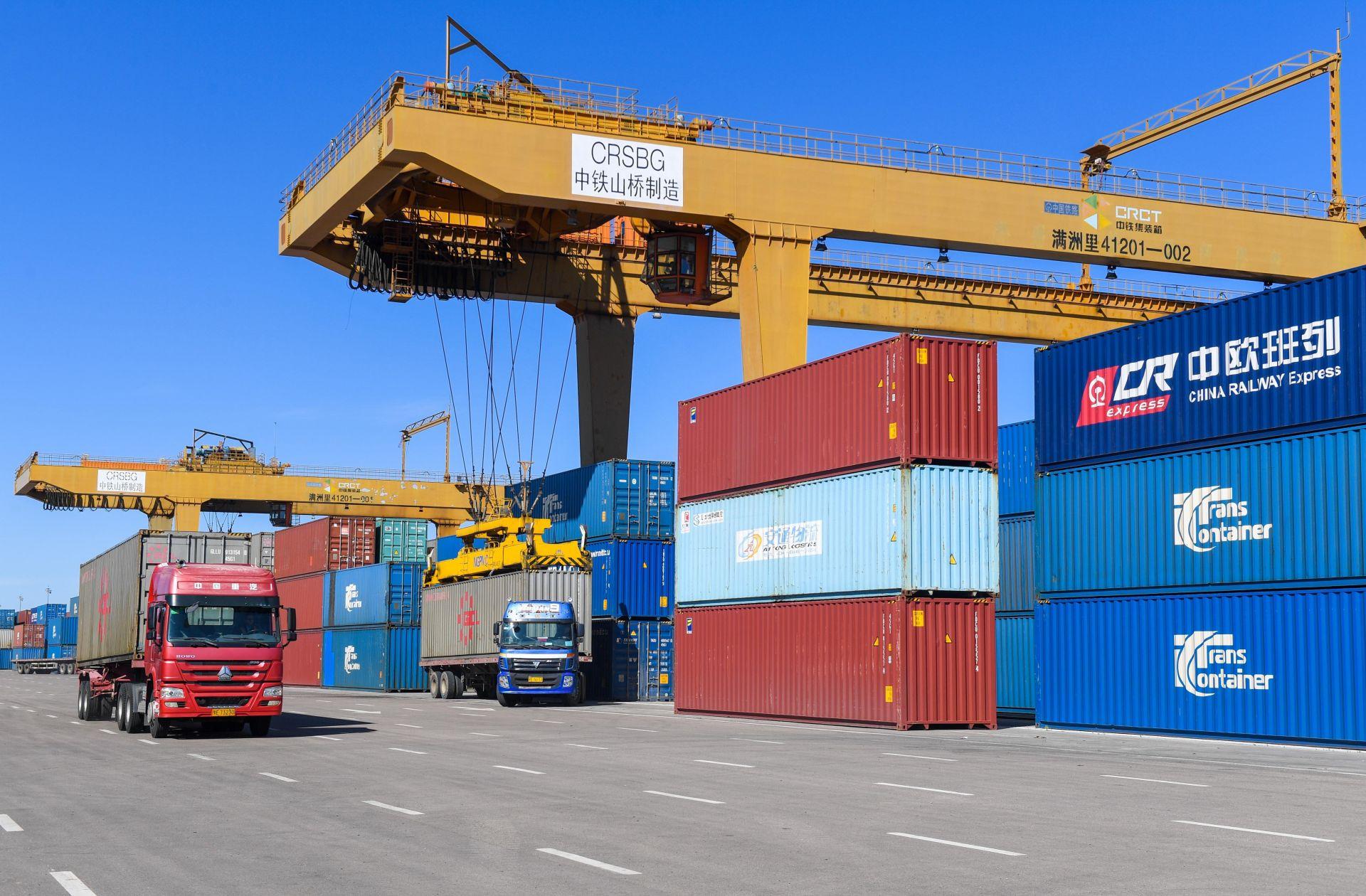SHANGHAI, July 15 (Xinhua) -- Shanghai has made steady growth in overseas investment in the first half of 2019, according to the latest data from the Shanghai Municipal Commission of Commerce (SMCC).
A total of 3,247 foreign-funded projects were established in Shanghai in the first six months, representing a 49.2-percent increase from a year ago. Among them are China's first securities company and insurance company controlled by foreign investment, established by JPMorgan Chase & Co. from the United States and German insurer Allianz Group, respectively.
The city received 9.75 billion U.S. dollars of foreign investment in the first six months, up 13.9 percent year on year, while the total contractual amount of foreign investment registered an increase of 6.3 percent to 22.9 billion dollars.
The technology industry, including electronics, biomedicine and artificial intelligence (AI), saw the fastest growth of foreign investment, surging 230 percent year on year.
The headquarters economy, a new type of development mode that uses advantageous resources to attract operations to converge their headquarters in one area, has taken shape in Shanghai. A total of 23 regional headquarters of multinational corporations were set up in the city in the period, bringing the total number of such headquarters to 693.
"Shanghai has a great talent pool, making it easier for us to recruit high-end talent we need," said Michael Goettler, group president of Pfizer Upjohn, the first multinational pharmaceutical company to set up global headquarters in China.
Yang Chao, deputy director of the SMCC, said that the growth of foreign investment into Shanghai shows that foreign investors are accelerating their presence in the Chinese market centered with Shanghai, and the improved structure and quality of foreign investment also reflects the Chinese economic transition from high-speed growth to high-quality development.
Rachel Duan, President & CEO of GE's Global Growth Organization, told Xinhua that China has become GE's largest single-country market outside the United States.
"China's national economic growth strategies, including urbanization, Belt and Road Initiative, clean energy and Internet plus, have provided tremendous opportunities for GE," said Duan.
Duan noted that, over the years, GE has invested more than 1.2 billion dollars in Shanghai, its headquarter in China, benefiting from China's market vitality, industrial upgrade and preferential policies on capital, talent and land.
"China's determination to reform and open up has given us confidence in expanding our business in China," said Duan.
After achieving a 14-year-record-high growth of 33 percent in the Chinese market in 2018, French cosmetics group L'Oreal is confident in making China the biggest market for the company by 2030, said Fabrice Megarbane, L'Oreal's China CEO. "China has been the second biggest market for the L'Oreal group since 2015 and will certainly become the number one market, so the question is when."
A recent report released by American Chamber of Commerce in China showed that although concerns toward the slowing economic growth still remain, members of the Chamber still put China as the highest priority in their global investment plan.
Shanghai has, therefore, announced a series of reform measures covering 25 main areas, including company registration and applications for construction permits, to improve its business environment, aiming to halve the time of approvals and material submission within the year.




 A single purchase
A single purchase









